
Surgical Removal of Thyroid Gland- Introduction
Surgical removal of thyroid gland is know as thyroidectomy. It can be partial and total. In partial thyroidectomy some parts of the gland are preserved while in total thyroidectomy the whole gland is resected. Which of these two procedures is going to be performed basically depends on the disease which has affected the thyroid gland. Thyroidectomy is indicated in people who are suffering from thyrotoxicosis, hyperthyroidism, non toxic goiter, thyroid cance,r and Hashimoto's disease.
Thyroidectomy is performed by well experienced surgeons and they have to be very careful since thyroid gland is situated in the neck and is surrounded by various different structures and tissues which may be damaged during the surgery. After the surgery, especially after total thyroidectomy, a patient needs to take life time hormone substitution therapy.
Thyroidectomy
The surgical removal of the thyroid gland lasts around four hours. It is performed under general anesthesia. The surgeon makes incision in the front part of the neck and removes parts or the entire gland. The incision is made approximately 1 inch above the clavicle. Special precautions are taken because of the presence of nearby nerves and large blood vessels which may be accidentally damaged.
This is not so complicated surgery and the patients recover rather fast. The entire recovery period is around 2 weeks. After the surgery patients undergo thyroid function tests which will provide with the information how much of thyroid hormones need to be substituted.
Side Effects and Risks of Thyroidectomy
The most common complications of thyroidectomy are bleeding and infections. People who are suffering from allergies may have difficulties with breathing or other side effects related to general anesthesia. Troubles with swallowing are only temporary.
One of the more severe complications is damage of the recurrent laryngeal nerve. This nerve plays significant role in creation of voice and its damage results in hoarseness. Another serious complication is sudden increase in level of thyroid hormones. This complication only occurs in partial thyroidectomy. Another serious complication may be total paralysis of vocal cords and inability of patients to talk.
During total thyroidectomy it may happen that together with thyroid gland all of the parathyroid glands are removed as well. These glands control levels of calcium in blood and their removal results in sudden drop of calcium levels in the blood. Still surgeons pay special care that this does not happen.
Even though the previous complications may occur, the surgical removal of the thyroid gland is generally successful and complications only affect very small number of patients.





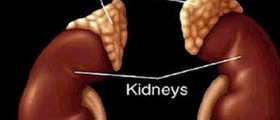



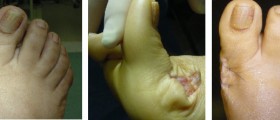
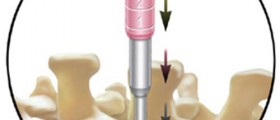

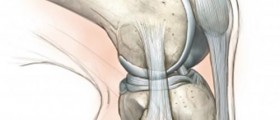
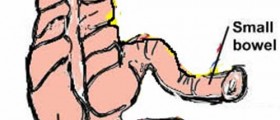


Your thoughts on this
Loading...